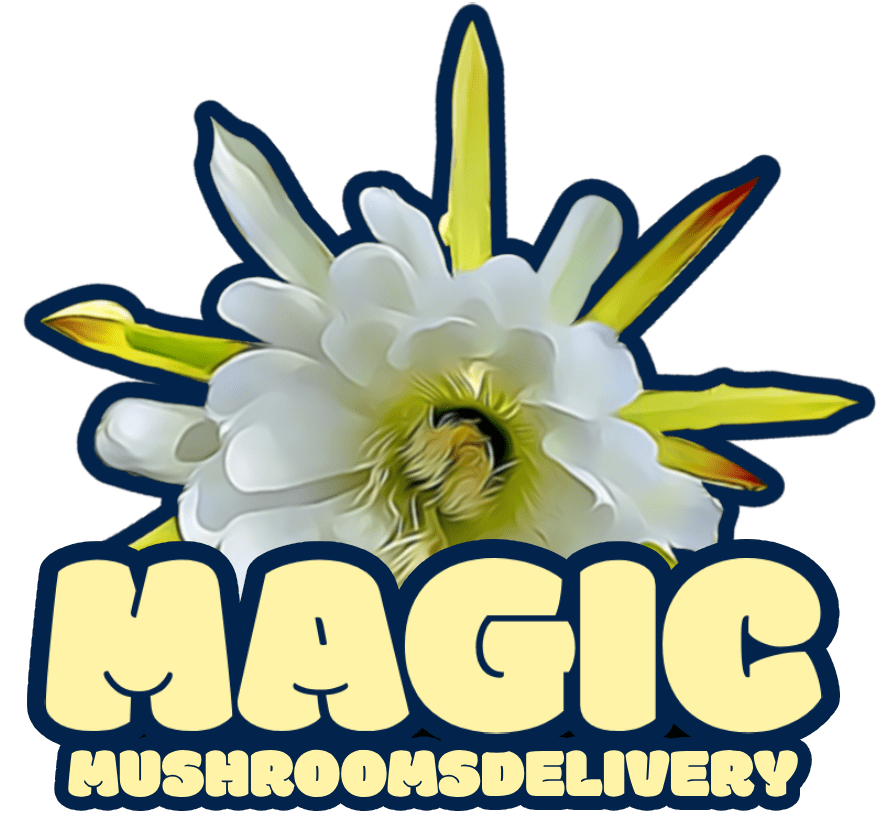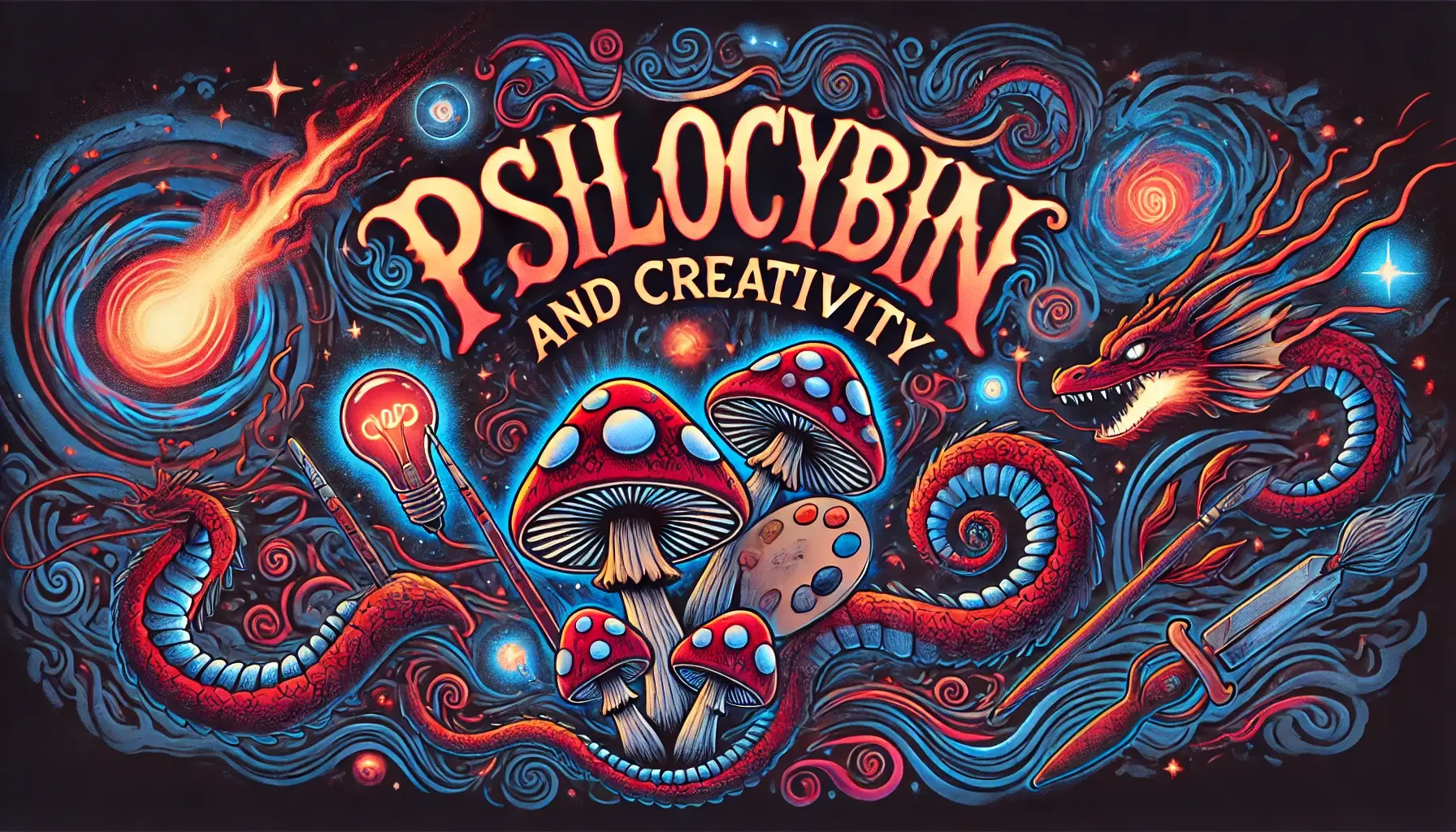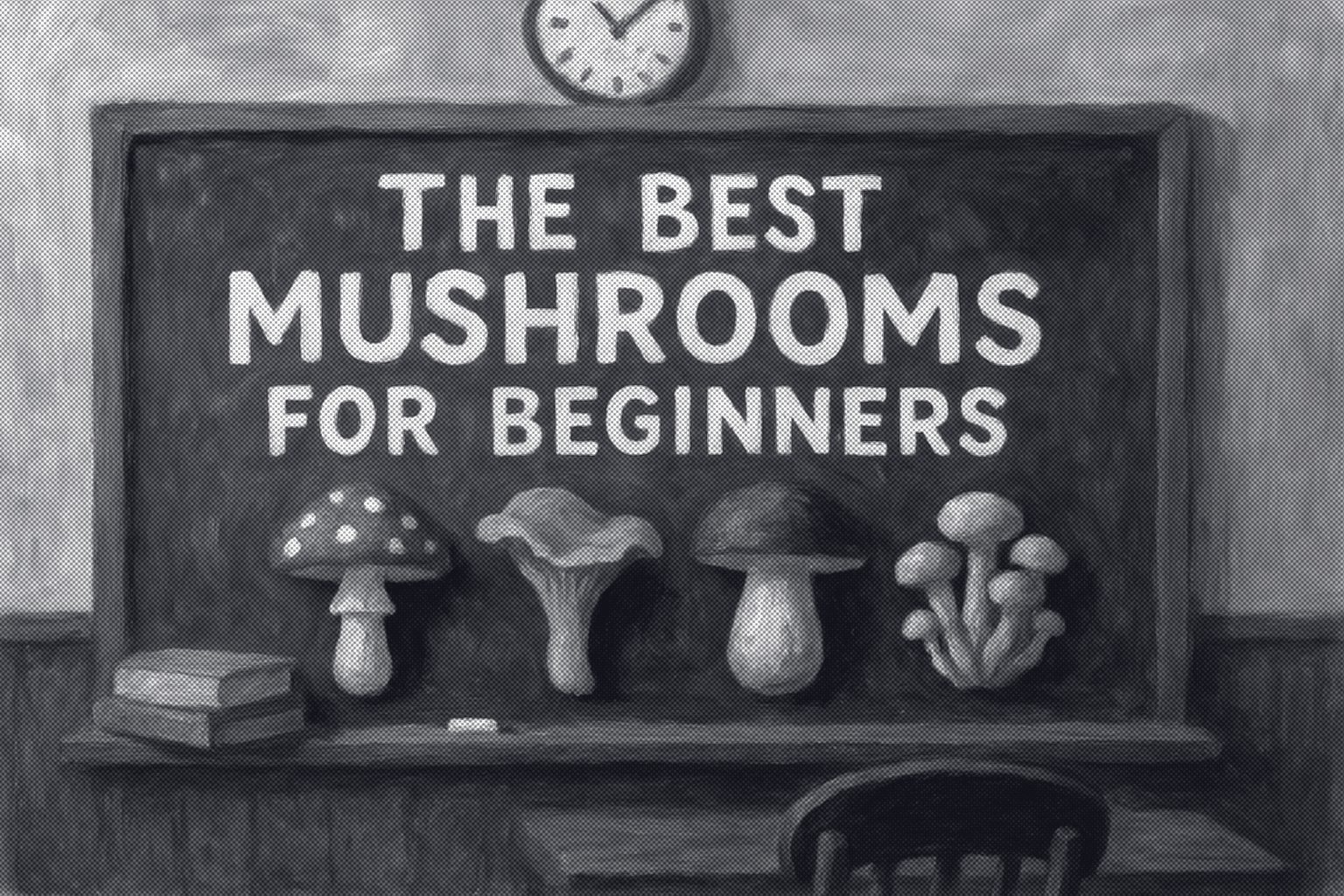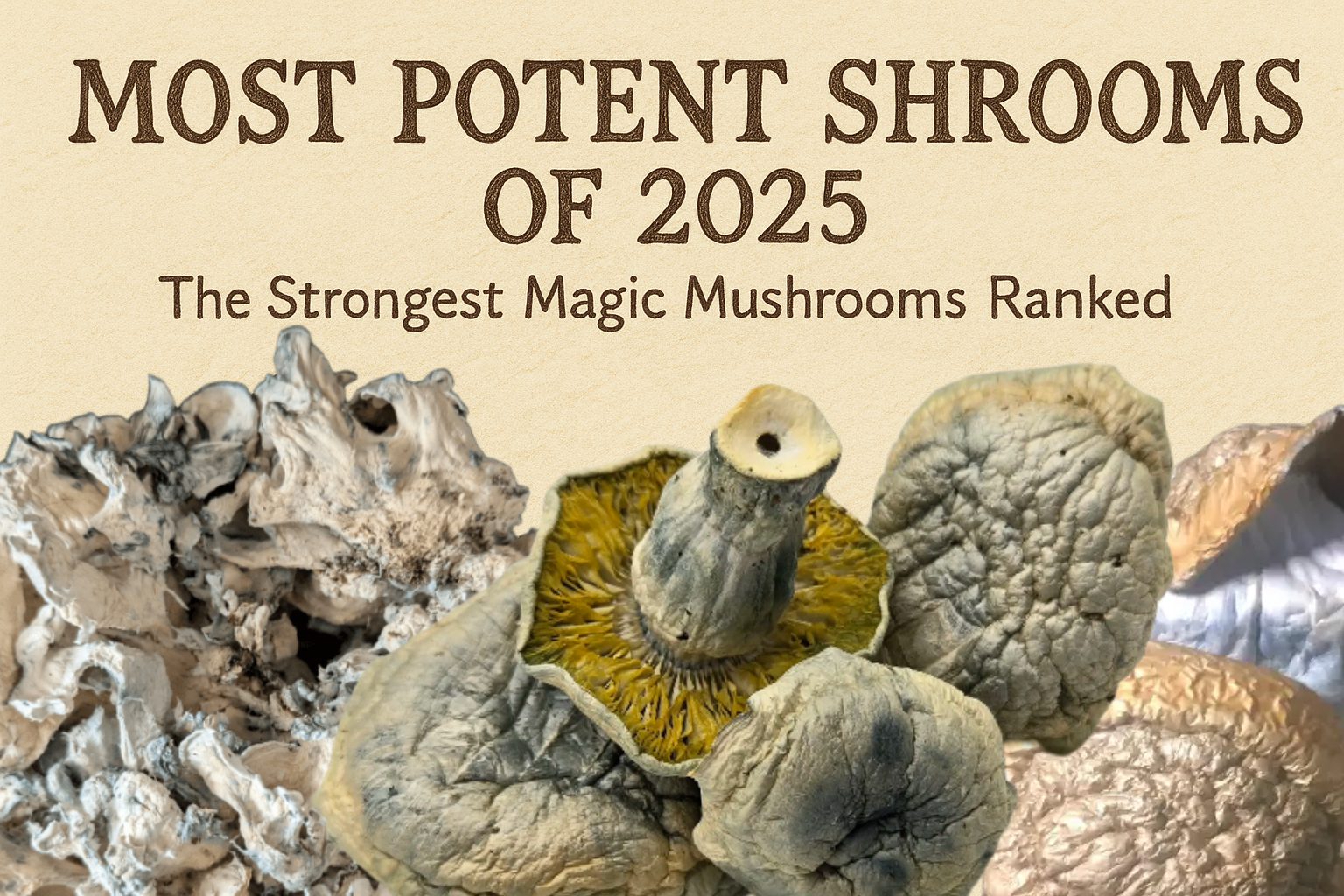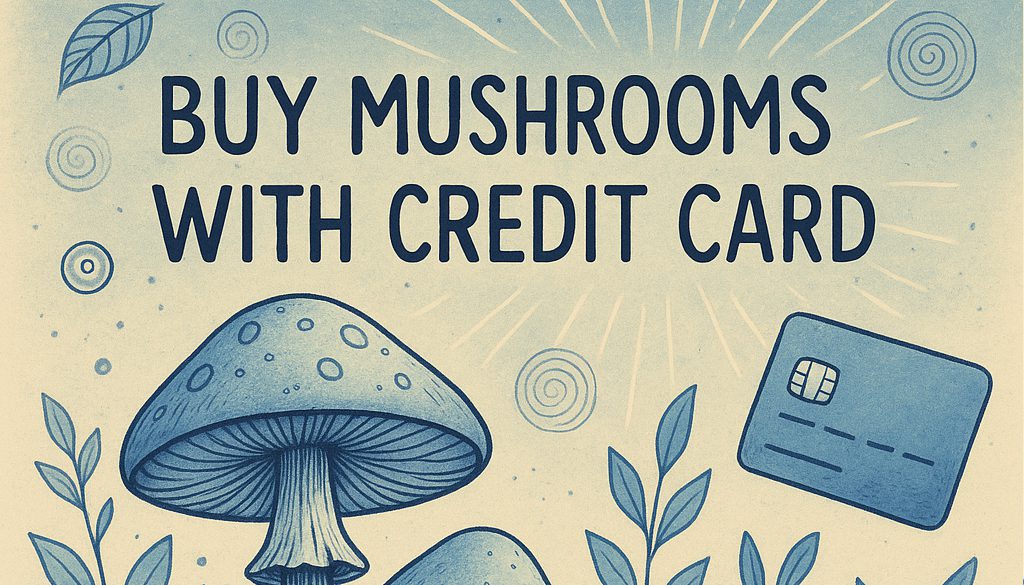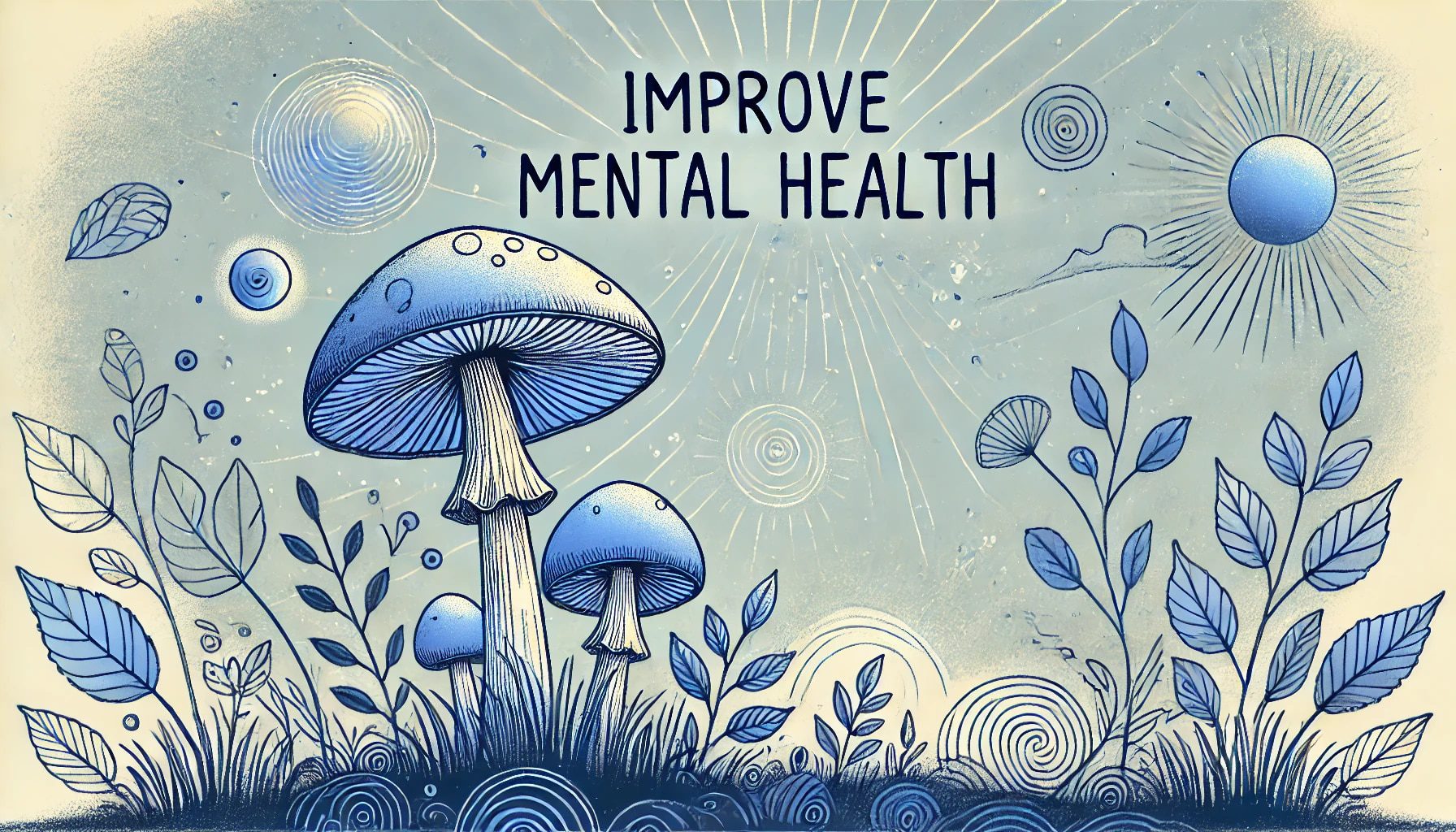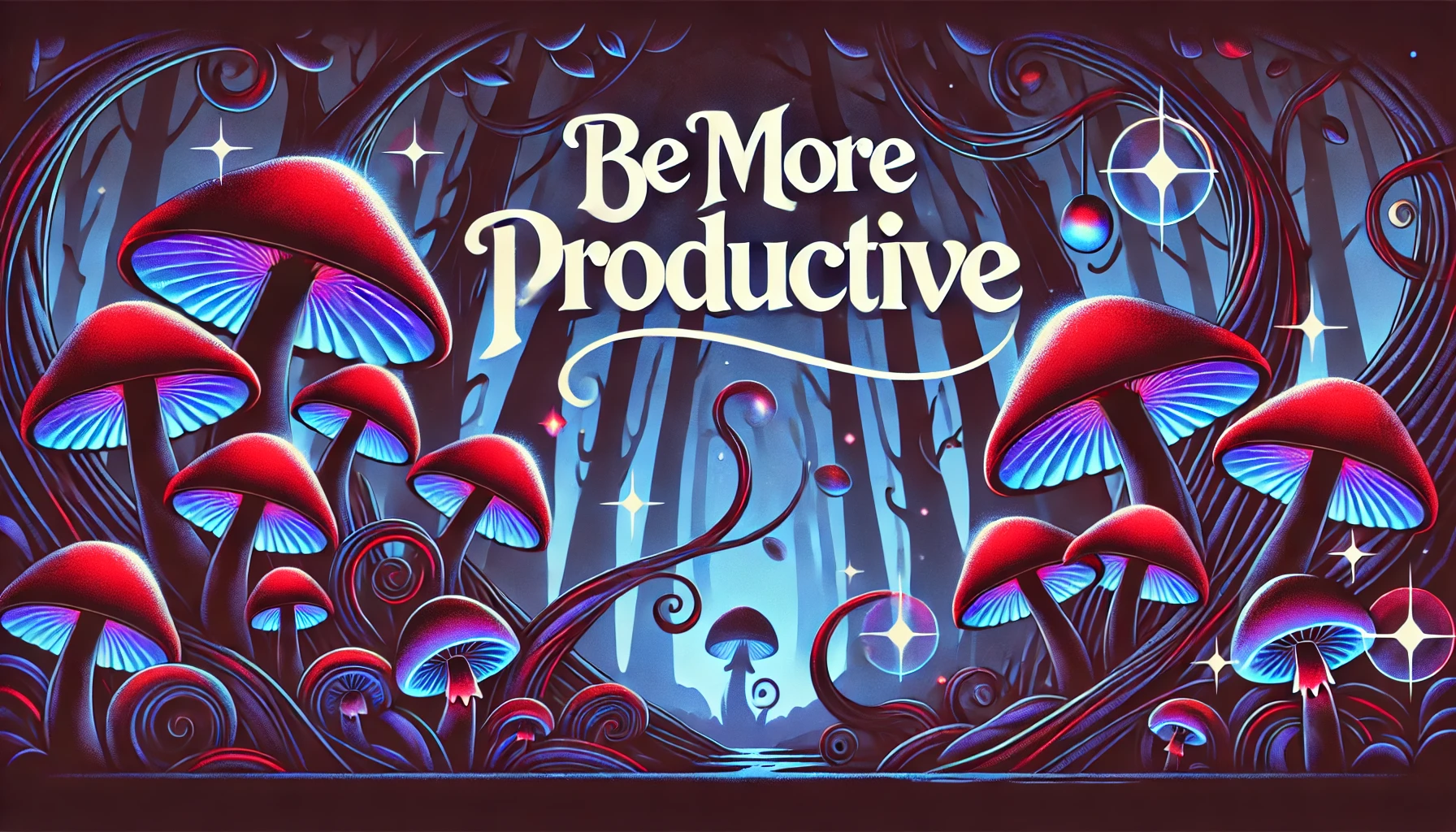

Microdosing Mushrooms for Productivity: A Comprehensive Guide
Silicon Valley startups are fast-paced. Creative industries and high-pressure academic environments also share this characteristic. Professionals in these fields constantly seek ways to enhance their cognitive abilities. They aim to boost productivity. Enter the world of mushroom microdosing. This practice is gaining significant traction among innovators, creatives, and productivity enthusiasts. This comprehensive guide delves deep into the potential of psilocybin microdosing as a tool for cognitive enhancement and productivity boosting.
What is a Microdose?
Microdosing magic mushrooms involves taking sub-perceptual doses of the psychedelic substance, typically about one-tenth of a recreational dose. For psilocybin mushrooms, this usually means consuming 0.1 to 0.3 grams of dried mushrooms every few days. The goal isn’t to induce hallucinogenic effects, but to subtly enhance cognitive function, creativity, and productivity.
The concept of microdosing isn’t new, but its application for productivity is a relatively recent trend. Pioneered by innovators in Silicon Valley, the practice has spread to various industries where cognitive performance is paramount. Users report a range of benefits, from enhanced problem-solving abilities to increased focus and creativity.
The Science of Psilocybin Microdosing
As interest in microdosing grows, the scientific community has examined psilocybin’s effects on the brain. They work to validate claims about its potential benefits. Research from around the world, with significant contributions from Canadian institutions, has shed light on various aspects of microdosing. Here’s a comprehensive look at the current scientific landscape:
1. Enhanced Neuroplasticity and Cognitive Flexibility
- Benefits: Improved brain plasticity, enhanced cognitive flexibility, increased creativity and open-mindedness
A groundbreaking study published in Cell Reports in 2021 found that psilocybin promotes rapid and sustained growth of dendritic spines in the frontal cortex [1]. This increased neuroplasticity could explain improvements in cognitive flexibility and creative thinking reported by microdosers. Supporting this, a 2019 study by researchers from Macquarie University and the University of Toronto was published in Psychopharmacology. The study found that microdosers demonstrated greater wisdom. They were also more open-minded and creative compared to non-microdosers [2].
2. Improved Creativity and Problem-Solving
- Benefits: Enhanced divergent and convergent thinking, improved problem-solving abilities
The same 2019 Psychopharmacology study went beyond noting enhanced divergent thinking. It found that psilocybin microdoses improved both divergent and convergent thinking, suggesting a holistic enhancement of creative problem-solving abilities [2]. This aligns with anecdotal reports from professionals in creative industries who claim microdosing helps them overcome creative blocks.
3. Increased Focus and Attention
- Benefits: Enhanced sustained attention, improved focus, increased feelings of connectedness
Research from Maastricht University found evidence of enhanced sustained attention in microdosers [3]. Complementing this, a study from the University of Toronto, published in 2019 in Psychopharmacology, reported that microdosers experienced increased feelings of connectedness and attentiveness. These improvements were sustained over time, suggesting potential long-term benefits of microdosing [4].
4. Mood Regulation and Mental Health Improvements
- Benefits: Reduced depression and stress, improved mood, potential antidepressant effects
A 2019 study published in the Journal of Psychopharmacology found that psilocybin produced rapid and sustained antidepressant effects [5]. While this study used larger doses, it suggests psilocybin’s potential for mood regulation. Supporting this, a groundbreaking study from the University of British Columbia, also published in 2019 in the Journal of Psychopharmacology, found that microdosing psychedelics was associated with improved mood, focus, and creativity. The study, which included 1,390 participants, reported reduced levels of depression and stress among microdosers [6].
5. Reduced Anxiety and Dysfunctional Attitudes
- Benefits: Lower levels of anxiety, reduced dysfunctional attitudes, potential improvement in overall mental well-being
A 2021 study led by researchers at the University of Toronto Mississauga, published in Scientific Reports, found that microdosers reported lower levels of anxiety and depression compared to non-microdosers. They also exhibited reduced dysfunctional attitudes, a common cognitive vulnerability associated with various mental health issues [7]. This suggests that microdosing could potentially contribute to improved productivity by reducing work-related stress and anxiety.
6. Potential for Substance Abuse Treatment
- Benefits: Possible aid in treating substance abuse disorders, which could indirectly improve productivity
While not directly related to productivity, it’s worth noting that some research, including studies from Canadian institutions, has explored the potential of psilocybin in treating substance abuse disorders. This could have indirect implications for productivity in individuals struggling with these issues.
It’s important to note that while these studies provide promising insights, most of the research on microdosing is still in its early stages. Many studies rely on self-reported data, and there’s a need for more rigorous, long-term clinical trials to fully understand the effects and potential risks of microdosing. Additionally, the legal status of psilocybin in many jurisdictions poses challenges for comprehensive research.
As the field evolves, Canadian researchers continue to be at the forefront, contributing significantly to our understanding of psilocybin microdosing and its potential applications for cognitive enhancement and mental health.
Microdosing Protocols Schedule Your Dosage
While there’s no one-size-fits-all approach to microdosing, several protocols have gained popularity among practitioners. It’s crucial to note that these protocols are based on user experiences and should be approached with caution and preferably under professional guidance.
The Fadiman Protocol
Named after psychedelic researcher James Fadiman, this protocol involves taking a microdose once every three days. The schedule looks like this:
- Day 1: Microdose day
- Day 2: Transition day
- Day 3: Normal day
- Day 4: Start the cycle again
This protocol allows users to experience the acute effects on dosing days, observe the transition, and have a baseline day for comparison.
The Stamets Stack
Developed by mycologist Paul Stamets, this protocol combines psilocybin with other supplements:
- Psilocybin (microdose)
- Lion’s Mane mushroom
- Niacin (Vitamin B3)
Stamets suggests taking this stack for 5 days on, 2 days off. The addition of Lion’s Mane is intended to promote neurogenesis, while niacin is believed to help with absorption and distribution.
Who Benefits From Microdosing Mushrooms?
Based on the reported effects of microdosing and the nature of various professions, the following industries and job positions could potentially benefit from the practice:
1. Technology and Software Development
- Software Engineers: For complex problem-solving and innovative coding solutions
- UX/UI Designers: To enhance creativity in design and user experience
- Data Scientists: For improved pattern recognition and data analysis
2. Creative Industries
- Graphic Designers: To overcome creative blocks and generate novel ideas
- Writers and Content Creators: For enhanced language fluency and storytelling
- Musicians and Artists: To explore new creative directions and techniques
3. Business and Entrepreneurship
- Startup Founders: For innovative thinking and stress management
- Business Strategists: To develop unique solutions to complex market challenges
- Marketing Professionals: For creative campaign development and consumer insight
4. Scientific Research and Academia
- Research Scientists: To generate novel hypotheses and experimental designs
- Professors and Lecturers: For engaging teaching methods and curriculum development
- PhD Students: To maintain focus during long research hours and thesis writing
5. Healthcare and Mental Health Professionals
- Psychologists and Therapists: For increased empathy and innovative treatment approaches
- Medical Researchers: To explore new avenues in drug development and treatment protocols
- Holistic Health Practitioners: To integrate mind-body approaches in patient care
It’s important to note that while these professions might potentially benefit from the reported effects of microdosing, individual experiences can vary. Moreover, the legal and ethical considerations of microdosing in professional settings should always be carefully considered.
Maximize the Benefits of Microdosing Mushrooms
While microdosing can be a powerful tool for productivity, its effects can be amplified when combined with other evidence-based practices. Here are some complementary approaches that many successful microdosers incorporate:
1. Mindfulness Meditation
Regular meditation practice can enhance the introspective qualities of microdosing, leading to greater self-awareness and emotional regulation. A study published in the Journal of Cognitive Enhancement found that combining meditation with microdosing led to more significant improvements in mood and cognition than either practice alone [8].
2. Physical Exercise
Exercise is well-known for its cognitive benefits. When combined with microdosing, many users report enhanced mind-body connection and increased energy levels. A 2019 study in the Journal of Clinical Medicine highlighted how exercise can complement psychedelic therapies by promoting neuroplasticity [9].
3. Nutritional Optimization
A balanced diet rich in omega-3 fatty acids, antioxidants, and essential vitamins can support overall brain health. Some microdosers report enhanced effects when following a diet that supports optimal neurotransmitter function.
4. Adequate Sleep
Quality sleep is crucial for cognitive function. Many microdosers find that their sleep quality improves, leading to better overall productivity. Ensuring a consistent sleep schedule can maximize the benefits of microdosing.
Navigating the Challenges: Legal and Ethical Considerations
While the potential benefits of microdosing for productivity are exciting, it’s crucial to address the legal and ethical landscape:
Legal Status
Psilocybin remains a Schedule I substance in the United States and is illegal in many countries. However, there’s growing momentum for decriminalization and research:
- Cities like Denver, Oakland, and Santa Cruz have decriminalized psilocybin.
- Oregon became the first state to legalize psilocybin for therapeutic use in 2020.
- Several clinical trials are underway, which could influence future legislation.
Ethical Considerations
The use of any substance for cognitive enhancement raises important ethical questions:
- Fairness in competitive environments
- Potential for coercion in workplace settings
- Long-term effects on individual and societal well-being
It’s crucial for individuals and organizations to engage in thoughtful discussions about these issues as the practice of microdosing becomes more widespread.
The Future of Microdosing: Trends and Predictions
As research progresses and societal attitudes shift, the future of microdosing for productivity looks promising:
1. Integration with Wearable Technology
We may see the development of personalized microdosing protocols based on real-time biometric data from wearable devices, optimizing dosage and timing for individual users.
2. Corporate Wellness Programs
As evidence mounts and legal barriers fall, forward-thinking companies may begin to explore incorporating guided microdosing into their wellness programs, alongside meditation and yoga.
3. Tailored Microdosing Formulations
The future may bring precisely formulated microdoses that combine psilocybin with other nootropics and adaptogens for targeted cognitive enhancement.
4. Virtual Reality Integration
VR technologies could be used to create optimal environments for microdosing sessions, enhancing the practice’s effectiveness for problem-solving and creativity.
A Powerful Tool For Improving Workplace Productivity
Microdosing mushrooms for productivity represents a frontier in cognitive enhancement. While more research is needed, the growing body of scientific evidence and compelling anecdotal reports suggest that psilocybin microdosing could be a game-changer for individuals seeking to optimize their cognitive performance.
The potential benefits are wide-ranging and impressive:
- Enhanced neuroplasticity and cognitive flexibility
- Improved creativity and problem-solving abilities
- Increased focus and sustained attention
- Better mood regulation and reduced anxiety
- Potential improvements in overall mental well-being
These benefits could have profound implications across various industries, from technology and creative fields to scientific research and healthcare. However, it’s crucial to approach microdosing with respect, caution, and ideally, professional guidance.
As with any powerful tool, microdosing is not a magic bullet. Its effectiveness can be maximized when combined with other evidence-based practices such as mindfulness meditation, regular exercise, proper nutrition, and adequate sleep. Moreover, the legal and ethical landscape surrounding psilocybin use must be carefully navigated.
Looking to the future, we can expect continued research and potentially groundbreaking developments in how microdosing is implemented and optimized. From personalized protocols based on wearable technology data to integration with virtual reality for enhanced problem-solving, the possibilities are exciting.
As we stand on the brink of a new era in cognitive enhancement, microdosing may well play a crucial role in shaping the future of work and innovation. For those willing to explore this frontier responsibly, the potential rewards in terms of personal growth and professional achievement are profound.
However, it’s important to remember that the field is still evolving. While the current research is promising, long-term studies are needed to fully understand the effects and potential risks of regular microdosing. As always, individuals should consult with healthcare professionals and stay informed about the legal status in their jurisdiction before considering any new regimen.
Tommy Lee
Table of Contents
Canada’s Mushroom Dispensary
Calgary
We deliver magic mushrooms same day in Calgary. Enjoy quick delivery within 60 minutes anywhere within city limits between 10am and 9pm daily.
Canada
Canada's magic mushroom delivery service. We bring shrooms to your place in 1 - 4 days depending where you are in Canada. Shrooms near me? We have you covered.
Be first on the list to get notified about our sales, new genetics and drops before they sell out!

